Does Running the Heater in a Car Use Gas?
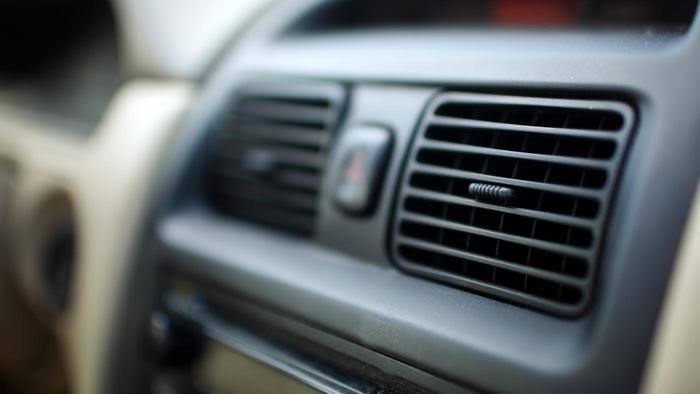
As temperatures drop, many drivers rely on their car’s heater to stay warm during chilly commutes. But a common question arises: does running the heater in a car use gas? The answer is both straightforward and nuanced. While the heater itself doesn’t directly burn fuel, its operation can indirectly impact fuel consumption. This article explores how car heaters work, their effect on gas usage, and ways to optimize fuel efficiency while staying warm.
How Does a Car Heater Work?
To understand whether a car heater uses gas, it’s essential to know how the system functions. A car heater uses the heat generated by the engine during operation. Here’s a simplified breakdown:
- Heat Generation
- The engine generates heat as a byproduct of combustion.
- The cooling system circulates coolant through the engine to absorb this heat and prevent overheating.
- Heat Transfer
- The hot coolant passes through the heater core, a small radiator located inside the vehicle.
- A fan blows air over the heater core, transferring warm air into the cabin.
- Air Distribution
- The blower fan regulates airflow, while temperature controls determine how much heat enters the cabin.
Since the heater uses waste heat from the engine, it doesn’t require additional fuel to generate warmth. However, there are indirect ways that running the heater might affect gas consumption.
Does Running the Heater Use Gas?
While the heater itself doesn’t directly consume gas, it can have minor effects on fuel efficiency due to the following factors:
1. Blower Fan Operation
The blower fan that circulates warm air inside the car is powered by electricity, which is generated by the alternator. The alternator, in turn, is powered by the engine and requires a small amount of extra fuel to operate.
- Impact: The fuel consumption from the blower fan is negligible, even at higher speeds.
2. Engine Idling
If you let your car idle to warm up the cabin on a cold day, the engine burns fuel while stationary.
- Impact: Extended idling increases fuel consumption without contributing to mileage.
3. Defrost Settings
In some vehicles, using the defrost mode activates the air conditioning system to remove moisture from the air. The AC compressor adds load to the engine and increases fuel usage.
- Impact: Running the defroster for long periods can marginally reduce fuel efficiency.
Factors That Influence Fuel Consumption
Several variables affect how much gas your car uses while running the heater:
1. Vehicle Type
- Gas-Powered Vehicles: The heater relies on waste engine heat, making it fuel-efficient.
- Hybrid or Electric Vehicles: These cars may use an electric heater, which draws power from the battery.
2. Driving Habits
- Idling or driving in stop-and-go traffic with the heater running can increase fuel consumption.
- Highway driving is more fuel-efficient, even with the heater on.
3. Heater Fan Settings
- Running the blower fan at higher speeds requires more energy, slightly increasing fuel usage.
Tips to Reduce Fuel Consumption When Using the Heater
1. Minimize Idling
- Avoid warming up your car for long periods. Modern engines warm up faster when driving.
2. Use Moderate Fan Speeds
- Setting the blower fan to a moderate level reduces the load on the alternator.
3. Optimize Defrost Mode Usage
- Use the defrost setting sparingly to avoid unnecessary fuel consumption from the AC compressor.
4. Keep Your Vehicle Maintained
- Ensure the cooling system and heater core are in good condition for efficient operation.
- Check coolant levels regularly and address leaks promptly.
Common Questions About Heaters and Gas Usage
1. Does running the heater affect gas mileage?
The impact on gas mileage is minimal since the heater uses waste heat from the engine. However, idling or excessive fan usage can slightly reduce efficiency.
2. Does the heater use gas in electric cars?
No, electric vehicles use battery power to generate heat, which can reduce driving range.
3. Does turning on the heater damage the car?
No, using the heater is safe and helps regulate engine temperature by dissipating excess heat.
4. Is it better to use seat warmers than the heater?
Yes, seat warmers are more energy-efficient and can reduce reliance on the blower fan.
5. Can the heater make the engine overheat?
No, the heater actually helps dissipate engine heat, reducing the risk of overheating.
Conclusion
So, does running the heater in a car use gas? While the heater itself doesn’t directly consume fuel, its operation can have minor effects on gas usage. Factors like idling, blower fan settings, and defrost mode can slightly impact fuel efficiency.
To stay warm without wasting fuel, minimize idling, use moderate heater settings, and maintain your vehicle regularly. By understanding how your car’s heater works, you can enjoy a comfortable ride and save on gas at the same time.
Also Check:
• Does Car Heater Consume Gas?


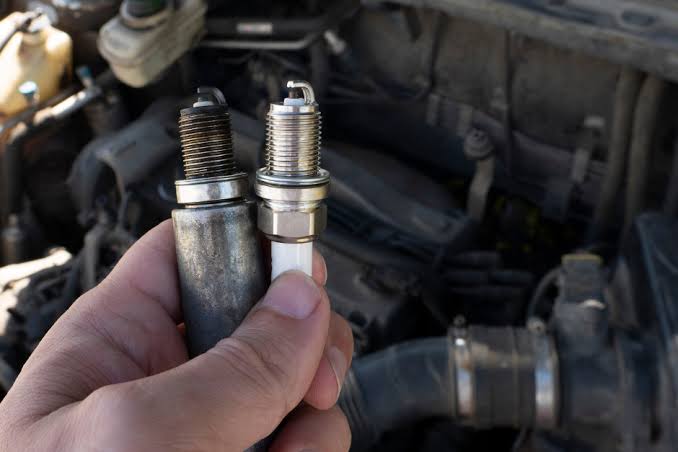
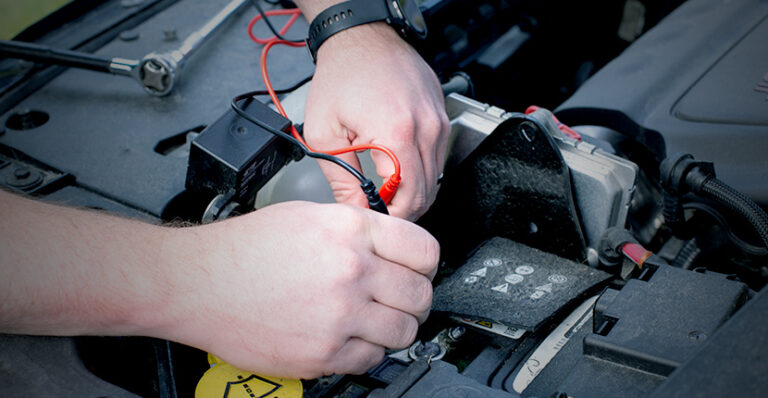
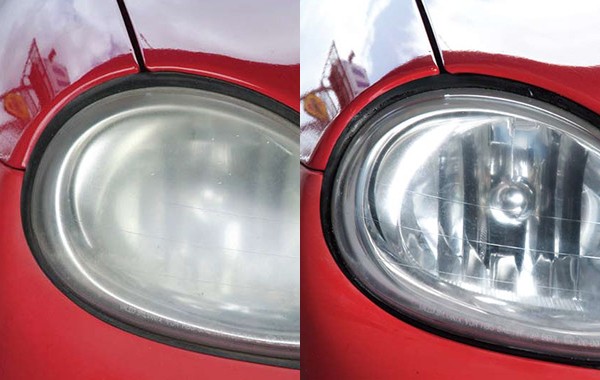
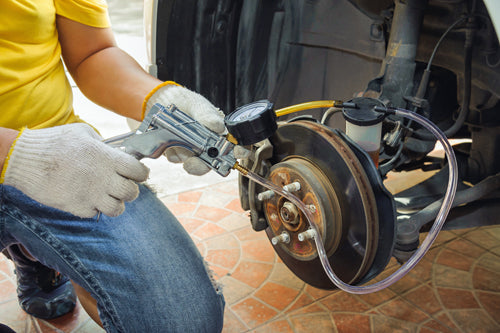
One Comment